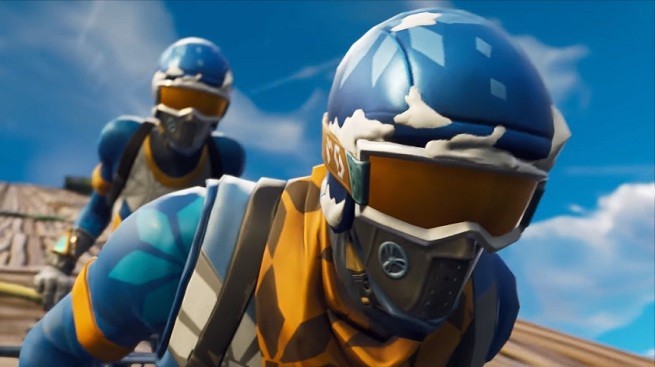NHS will focus on 'gaming disorder' in its first internet addiction clinic
Comes after the World Health Organization controversially defined "gaming disorder" earlier this week.

England's National Health Service (NHS) is set to open its first internet addiction clinic, which will focus on the treatment and research of "gaming disorder".
"Gaming disorder", which was controversially classified as a "disorder due to addictive behaviors" by the World Health Organisation (WHO) earlier this week, is currently treated at some private hospitals in the UK, but this will be the first publicly-funded clinic to treat it, according to The Guardian.
The clinic will be run by the Central and North West London NHS foundation trust, and will expand its services to other internet addictions in the future. “Gaming disorder is finally getting the attention it deserves," said psychiatrist Henrietta Bowden-Jones, the founder of the clinic. "The distress and harm it can cause is extreme and I feel a moral duty on behalf of the NHS to provide the evidence-based treatment these young people and their families need."
She added that it was "unlikely" there would be an "epidemic of young players with an addiction to gaming", but that the clinic would be a "life-changer" for anyone that struggles. So far, the clinic has secured funding for a weekly therapy group for gaming addicts, and further treatment and research is due to be funded by the NHS, research grants and philanthropic sources, Bowden-Jones said.
The WHO's definition of "gaming disorder" that it released this week read: "a pattern of gaming behavior ('digital-gaming' or 'video-gaming') characterized by impaired control over gaming, increasing priority given to gaming over other activities to the extent that gaming takes precedence over other interests and daily activities, and continuation or escalation of gaming despite the occurrence of negative consequences."
The move sparked opposition from industry bodies. A statement released this week co-signed by the ESA, ESAC, EGDF, IESA, IGEA, ISFE, K-GAMES, and UBV&G said that the inclusion of "gaming disorder" in the WHO's disease classification, which is still in draft form, was based on "highly contested and inconclusive" evidence.
"We hope that the WHO will reconsider the mounting evidence put before them before proposing inclusion of ‘gaming disorder’ in the final version of ICD-11 to be endorsed next year. We understand that our industry and supporters around the world will continue raising their voices in opposition to this move and urge the WHO to avoid taking steps that would have unjustified implications for national health systems across the world," the statement read.
Keep up to date with the most important stories and the best deals, as picked by the PC Gamer team.
For more on that evidence, read the second half of this article by Austin. This piece, laying out the ESA's arguments, is also worth a read. The WHO first proposed "gaming disorder" as a disease last year.
Samuel Horti is a long-time freelance writer for PC Gamer based in the UK, who loves RPGs and making long lists of games he'll never have time to play.


